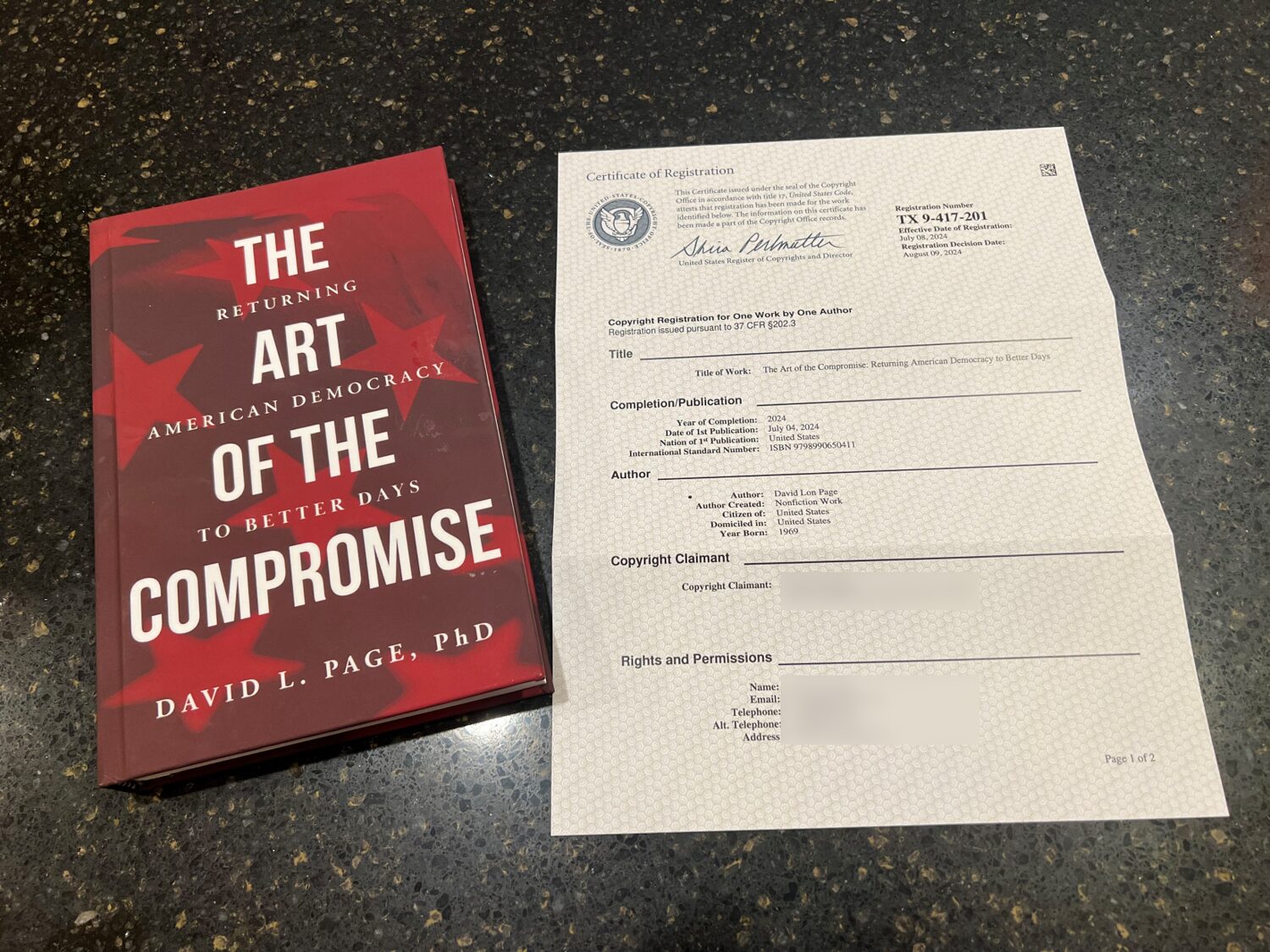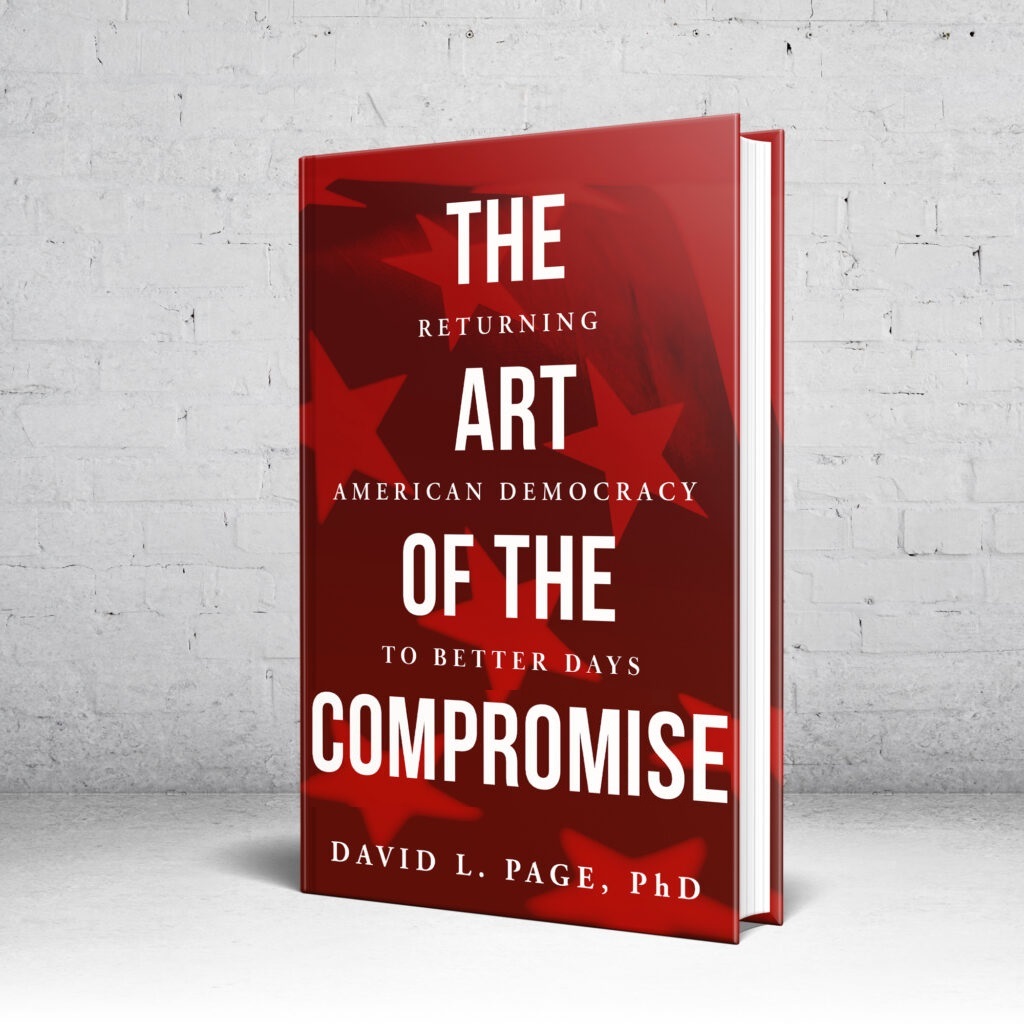In Tennessee, “sunshine” isn’t just a weather report—it’s a legal regime. The Open Meetings Act demands that elected officials do nearly all their deliberating in public. That means no private huddles, no backroom bargaining, no candid conversations over coffee. Everything must happen under the watchful eye of the public.
Sounds noble, right? But the truth is, our Sunshine Law has grown into something that does more harm than good. It hamstrings honest deliberation, strengthens unelected powerbrokers, and criminalizes the very essence of politics: negotiation, compromise, and conversation.
And I’m not just speaking theoretically. I’m writing this argument as a Tennessean, a political historian, and a believer in democracy. I’ve seen how good intentions can calcify into bad outcomes—and how laws meant to shine light can instead cast long shadows.

The Myth of More Transparency = More Trust
Let’s start with the myth that full visibility equals better decisions. Political scientist David Stasavage summed it up plainly: “Publicity may make representatives more concerned with signaling loyalty than with making good policy decisions.”
When every meeting is livestreamed, every word is tweeted, and every misstep is fodder for a lawsuit, politicians don’t deliberate—they perform. The goal becomes survival, not solution.
We’ve confused accountability with surveillance. And in doing so, we’ve weakened the very institutions we hoped to strengthen.
History Shows the Power of Private Debate
The most important decisions in American history didn’t happen on C-SPAN. They happened behind closed doors.
Take the Constitutional Convention of 1787. General George Washington presided over that gathering with a steely glare and a tight lid. Delegates were explicitly told not to leak their conversations. The windows were shut. The records sealed. And thank goodness. Because it was that secrecy that allowed Madison, Franklin, and others to speak freely, change their minds, and strike the compromises that gave us our Constitution.

Afterward, the real transparency began. Madison, Hamilton, and Jay launched the Federalist Papers, laying out their arguments for public scrutiny and state ratification. Deliberation in private. Justification in public. That’s the gold standard.
Or consider the Compromise of 1790. Picture this: Jefferson hosts a dinner party with his frenemies, Madison and Hamilton. Over wine and negotiation, they strike a deal—assume the state debts, move the capital to the Potomac. One of the most consequential political agreements in American history… and it happened without a public agenda, livestream, or court reporter.
Today, such a dinner could trigger an ethics investigation.
A Legal Imbalance: When the Mayor Can Whisper and Commissioners Cannot
The law’s selective application is more than ironic—it’s undemocratic. County Commissioners, elected by voters and intended to serve as the legislative body in Tennessee’s weak-mayor system, are restricted from any private group deliberation. Yet the County Mayor, often acting as the executive administrator, is free to meet individually with every commissioner—out of the public eye, off the record, and under no Sunshine Law restriction.
This asymmetry gives the County Mayor disproportionate influence. While Commissioners are muzzled unless on camera, the Mayor can strategize, persuade, and build coalitions in private. What’s worse, this ability is not illegal—it’s embedded in the law’s current structure.
If Tennessee’s county governments are designed to empower the Commission, then Sunshine Law, as applied, has unintentionally flipped the power structure, concentrating influence in the hands of the executive.
Black Wednesday: A Justified Scandal or Legal Overreaction?
No conversation about Tennessee’s Sunshine Law is complete without addressing Black Wednesday—January 31, 2007, when the Knox County Commission appointed 12 individuals to fill vacancies in a single chaotic session. The public outcry was immediate. Lawsuits followed. Judges intervened. Appointments were voided.
To critics, this was exactly why the Sunshine Law exists: to prevent cronyism and restore trust. But let’s interrogate that narrative.
First, many of the same commissioners and appointees were voted out by the public in subsequent elections. Democracy worked. Citizens, enraged by what they saw as a betrayal of public trust, exercised their power. The ballot box did what the courtroom eventually did—only faster and with greater legitimacy.
Second, the long tail of Sunshine litigation that followed Black Wednesday created an atmosphere of fear and paralysis. Commissioners became afraid to speak privately—even casually—for fear of triggering lawsuits. What replaced corruption wasn’t accountability. It was stagnation. Committees stalled. Complex issues were papered over.
As Alan Dershowitz argues in The Case Against the New Censorship, “We have criminalized political differences. That’s not justice—it’s judicial politics.” What happened in Knoxville may have been politically indefensible, but was it really better addressed by the courts than by voters?
A Pattern Across Tennessee: Not Just Knox County
Knoxville may have made headlines, but it’s hardly alone. Across Tennessee, local officials in Hamilton, Rutherford, and Dickson Counties have run afoul—or nearly so—of Sunshine Law rules, often in ways that reveal how easy it is to criminalize or paralyze normal government activity.
In Hamilton County, commissioners openly expressed their frustration with the law. One even called it “ridiculous,” arguing that it turns day-to-day governance into a legal minefield. There, commissioners feared that even chatting in the parking lot after a meeting could trigger a violation.
In Rutherford County, a mosque approval process was challenged under the Sunshine Law for insufficient public notice. Though the issue at hand was about religious freedom, the legal battle became more about whether the meeting had been properly noticed—turning a substantive issue into a procedural one.
And in Dickson County, allegations of Sunshine violations arose when officials discussed a legal settlement behind closed doors. Though they were eventually cleared, the damage to public trust had already been done—and the chilling effect lingered.
Each of these cases reflects the same pattern: a well-meaning law turned into a blunt instrument that punishes process over policy and leaves elected officials second-guessing their every move. It’s no wonder that many Tennessee officials today govern more cautiously than constructively.

Why the State Legislature Gets a Pass—and What That Means
Here’s a twist worthy of its own headline: Tennessee’s Sunshine Law doesn’t apply to the Tennessee General Assembly. That’s right—the law binding rural county commissions does not apply to state legislators.
Why? According to Article II of the Tennessee Constitution, each chamber has the authority to set its own rules and close its doors when it deems necessary. And the courts have backed that up. In Mayhew v. Wilder (2001), the Tennessee Court of Appeals ruled that the legislature’s constitutional autonomy shields it from state open meetings statutes.
Critics cry hypocrisy—and they’re not wrong. But defenders argue there’s a reason for the double standard: media scrutiny.
Unlike small counties that may lack a single full-time local reporter, the General Assembly operates under the constant glare of statewide news outlets, political blogs, and full-time Capitol beat reporters in Nashville. A bill proposed at 9:00 a.m. might be on the evening news by 6:00 p.m. The press corps is larger, better resourced, and faster to pounce.
But that logic falters at the county level. In many rural Tennessee counties, there is no local newspaper. No dedicated reporter covering meetings. No editorial board asking hard questions. The “sunshine” that’s supposed to keep government clean doesn’t always shine if no one’s watching.

Digital Tools as the New Watchdogs
Yet all is not lost. While print journalism has withered in many rural counties, a new kind of watchdog is emerging: the citizen blogger, the live-streamer, the Facebook poster, the Reddit thread moderator.
Research shows that social media and blogging platforms can serve as effective tools for promoting local government accountability—if used with discipline and purpose.
A 2023 study in the International Journal of Multidisciplinary Research and Technology found that social media, when used by engaged citizens, increases public awareness and responsiveness from elected officials. In the absence of traditional media, platforms like Facebook, YouTube, and even neighborhood listservs become the new front page.
But the flip side is real too. Without trained reporters, misinformation can spread. Echo chambers can form. What’s needed is not just new platforms—but new norms for verifying, amplifying, and engaging with local government in the digital age.
If the press can no longer cover the courthouse beat, maybe the public must.
What the Research Really Says
Scholars like Kira Pronin and Jonathan Woon show that private communication actually improves group efficiency and honesty, especially when it’s paired with public voting.
John Gastil and Laura Black outline a three-part formula for democratic decision-making:
- Private deliberation, where ideas can be tested safely;
- Group refinement, where alternatives are sharpened;
- Public justification, where decisions are explained and owned.
Tennessee’s Sunshine Law enforces Step 3—but blocks Step 1. That’s like forcing someone to publish a paper without letting them brainstorm.
And as Professor Glenn Reynolds of the University of Tennessee put it, “We’ve created a system where every politician is one misstep away from indictment or scandal. That doesn’t protect democracy. It paralyzes it.”

A Brighter Path Forward
Nobody’s calling for a return to smoke-filled rooms. But it’s time to bring some shade to our sunshine. The solution isn’t to hide decisions—it’s to give elected officials the space and structure to think and speak freely before presenting decisions publicly.
Here’s how we get there:
- Permit confidential working sessions—not for decisions, but for discussion. These should be limited in scope, require disclosure, and ensure accountability through public follow-up.
- Hold County Mayors to the same open-meeting standards as Commissioners. Transparency must be a two-way street.
- Decriminalize collaboration. Public officials shouldn’t fear legal penalties for discussing ideas. Trust their intent and judge their votes.
- Empower citizens, not just procedures. With traditional media shrinking, invest in civic education and digital literacy so the public can hold power accountable in new ways.
Final Thoughts: Democracy Demands Balance
Sunshine is not a bad thing—but too much of it, applied with rigidity and without reflection, can burn the very people it’s supposed to illuminate.
History reminds us that the Constitution was written in secret, but sold in public. That some of America’s most powerful compromises were born not from public hearings but private dinners. That trust is built not only on visibility, but on judgment, context, and character.
Tennessee doesn’t need to repeal its Sunshine Law. It needs to modernize it. Balance it. Humanize it. We need a law that reflects the real work of governance—not just its theater.
Sources & References
- David Stasavage, Publicity and Polarization in Representative Democracy, American Political Science Review (2007)
- Kira Pronin & Jonathan Woon, Public vs. Private Deliberation and Collective Choice, University of Pittsburgh (2015)
- John Gastil & Laura W. Black, Public Deliberation as the Organizing Principle of Political Communication, Journal of Public Deliberation (2008)
- Alan Dershowitz, The Case Against the New Censorship (2023)
- Glenn Reynolds, Ham Sandwich Nation: Due Process When Everything is a Crime (2013)
- Historical records from the U.S. Constitutional Convention (1787) and Jefferson’s dinner notes on the Compromise of 1790
- Hamilton County Commission, Sunshine Law complaint, reported in TCOG (2015)
- Rutherford County Mosque Case, Open Meetings legal rulings (2012)
- Dickson County Legal Settlement Allegations, Tenn. Court of Appeals (2021)
- Mayhew v. Wilder, Tennessee Court of Appeals (2001)
- Democracy Fund: How We Know Journalism Is Good for Democracy (2023)
- IJMRT: The Impact of Social Media on Government Accountability (2023)
- Arxiv.org: Evaluating Civic Tech Participation (2017)
This blog post was written with the help of ChatGPT, who has never attended a government meeting, but still managed to offer more insight than most three-minute public comment periods. No AI was harmed in the making of this argument.


